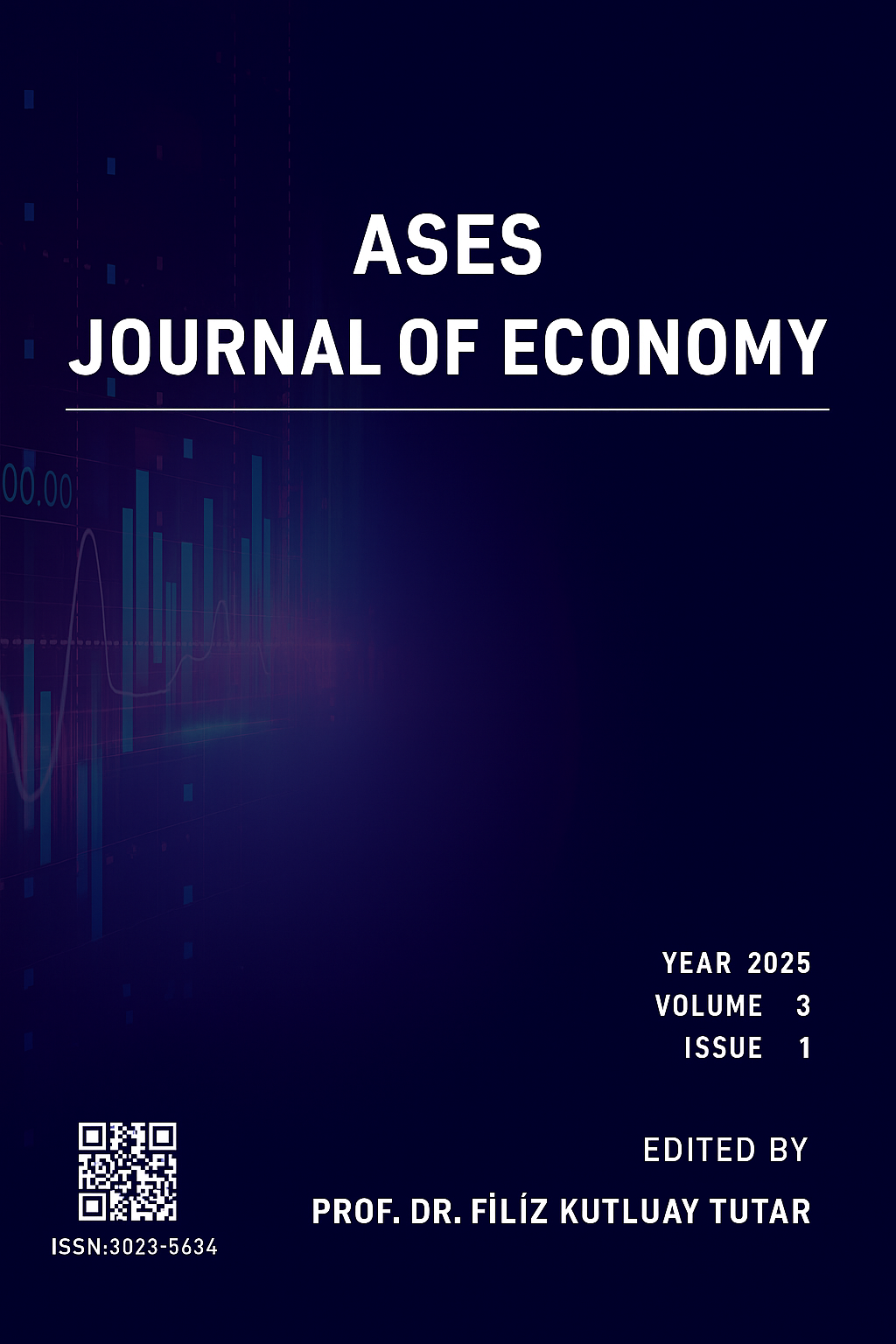Model Pengembangan Destinasi Pariwisata Syariah Sebagai Penggerak Ekonomi Lokal: Studi Kasus Makam Syekh Maulana Syamsuddin Desa Tanjung Sari
DOI:
https://doi.org/10.5281/zenodo.15714905Keywords:
Tomb of Sheikh Maulana Syamsuddin, Sharia tourism, Community, PZSBKAbstract
This research aims to formulate a model for the development of sustainable sharia tourism destinations that can empower the local economy, with a case study on the Tomb of Sheikh Maulana Syamsuddin in Tanjung Sari Village. Using a qualitative approach with a case study method, data was collected through in-depth interviews with various stakeholders, participant observation, and documentation analysis. The results of the study resulted in a Community-Based Sustainable Sharia Pilgrimage Tourism Development Model (PZSBK) that integrates sharia values, community participation, and sustainability principles in destination management. This model emphasizes the development of sharia facilities and services, community economic empowerment through homestays and MSEs, environmental and cultural preservation, and digital marketing strategies. The research concludes that the implementation of PZSBK has significant potential in increasing community income, creating jobs, and preserving the cultural heritage and environment of Tanjung Sari Village. The success of this model depends on collaboration between stakeholders and community capacity building.
References
Ayatina, H., Astuti, F. T., C Makfi, M. miqdam. (2021). TREN BISNIS C PENERAPAN PRINSIP SYARIAH PADA INDUSTRI PERHOTELAN PARIWISATA HALAL DI INDONESIA. At-
Thullab : Jurnal Mahasiswa Studi Islam, 2(2), 525–537. https://doi.org/10.20885/tullab.vol2.iss2.art11
Halim, A., C Baroroh, N. (2021). Pariwisata Halal: Studi Komparatif Hotel Syariah di Yogyakarta dan Bali. Al-Manahij: Jurnal Kajian Hukum Islam, 15(1), 53–66. https://doi.org/10.24090/mnh.v15i1.4602
Jayadi, M. F., C Suryawan, I. B. (2020). Strategi pengembangan potensi pariwisata di pantai blimbingsari kabupaten banyuwangi. Jurnal Destinasi Pariwisata, 8(1), 10–17.
Rachmiatie, A., Fitria, R., Suryadi, K., C Ceha, R. (2020). STRATEGI KOMUNIKASI PARIWISATA HALAL STUDI KASUS IMPLEMENTASI HALAL HOTEL DI INDONESIA DAN
THAILAND. Amwaluna: Jurnal Ekonomi Dan Keuangan Syariah, 4(1). https://doi.org/10.29313/amwaluna.v4i1.5256
Ratih Sari, S. (2018). PENGEMBANGAN PARIWISATA KABUPATEN PEMALANG BERBASIS
GREEN TOURISM. http://ejournal.undip.ac.id/index.php/modul
Budiani, S. R., Wahdaningrum, W., Yosky, D., Kensari, E., Pratama, H. S., Mulandari, H., Iskandar, H. T. N., Alphabettika, M., Maharani, N., & Febriani, R. F. (2018). Analisis Potensi dan Strategi Pengembangan Pariwisata Berkelanjutan Berbasis Komunitas di Desa Sembungan, Wonosobo, Jawa Tengah. Majalah Geografi Indonesia, 32(2), 170–176.
Mashdurohatun, A. (2011). Tantangan ekonomi syariah dalam menghadapi masa depan Indonesia di era globalisasi. Jurnal Dinamika Hukum, 11(0), 76–88.
Muktaf, Z. M. (2016). Teknik Penelitian Studi Kasus, Etnografi dan Fenomenologi dalam Metode Kualitatif. Jurnal Pendidikan, 3(1), 1–5.
Downloads
Published
How to Cite
Issue
Section
License
Copyright (c) 2025 Muhammad Wildan Naufal

This work is licensed under a Creative Commons Attribution 4.0 International License.



